News & Stories
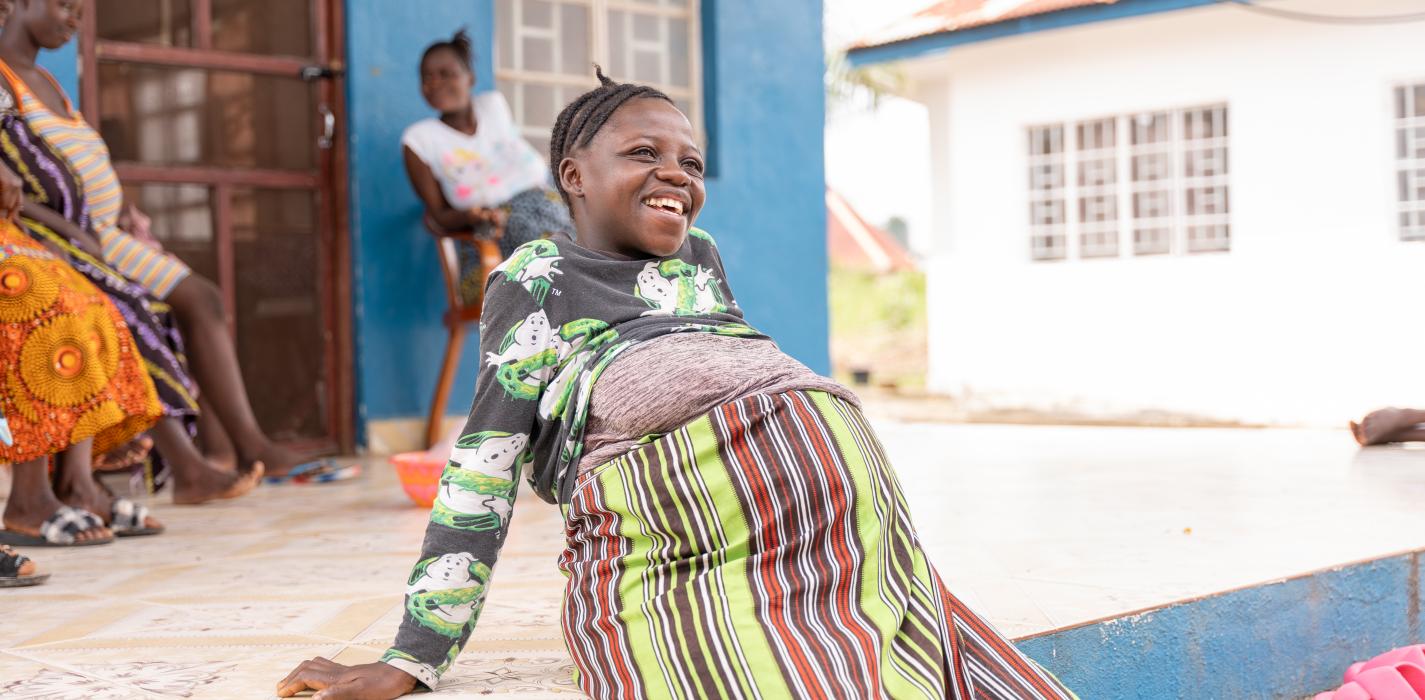

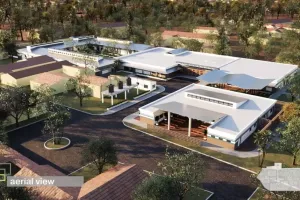
Partners In Health’s Maternal Center of Excellence in Kono, Sierra Leone, will expand maternal care with a 120-bed ward, NICU, surgical suites, and outpatient services while training future clinicians.
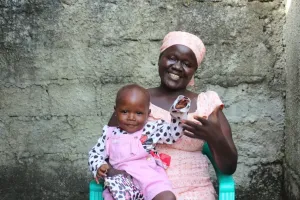
Sierra Leone has one of the highest maternal mortality rates in the world, making it one of the most dangerous places for women to give birth. The country sees 1,120 maternal deaths for every 100,000 live births—a number that far outpaces the global average of 211. But it doesn’t have to be this way.

In Sierra Leone—a country unjustly accustomed to infectious disease outbreaks—COVID-19 has impacted one group particularly hard: Ebola survivors.
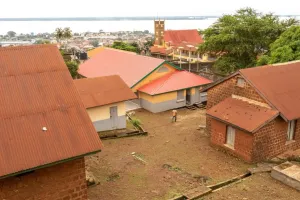
Unchain, a new podcast miniseries from Partners In Health, explores Sierra Leone’s history—slavery, colonialism, civil war—and its impact on mental health through the 200-year story of its oldest psychiatric hospital.
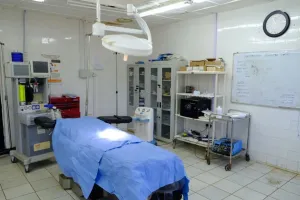
When a woman in labor arrives in a maternity ward with signs of obstetric distress, health care workers face a crucial choice: whether to pursue an emergency c-section. Because as soon as they decide a c-section is needed, it’s a race against the clock.
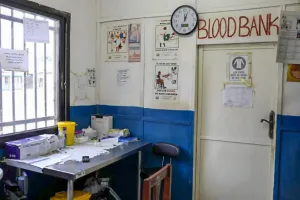
“Limitless,” said Nurse-Midwife Isata Dumbuya, describing the access she had to blood as a clinician working for the United Kingdom’s National Health Service. “As many units as you needed would be available at the drop of a hat.
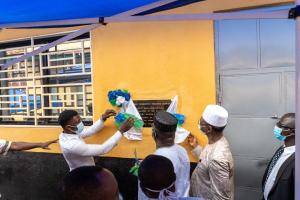
Sierra Leone Psychiatric Teaching Hospital, the oldest in sub-Saharan Africa, celebrated major renovations. Once lacking essentials, it now provides dignified mental health care, thanks to PIH’s partnership.
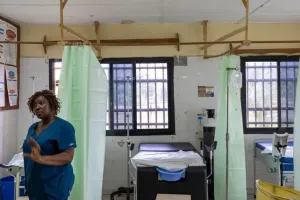
As the novel coronavirus continues to spread, patients aren’t just at risk of contracting its resulting illness, COVID-19.